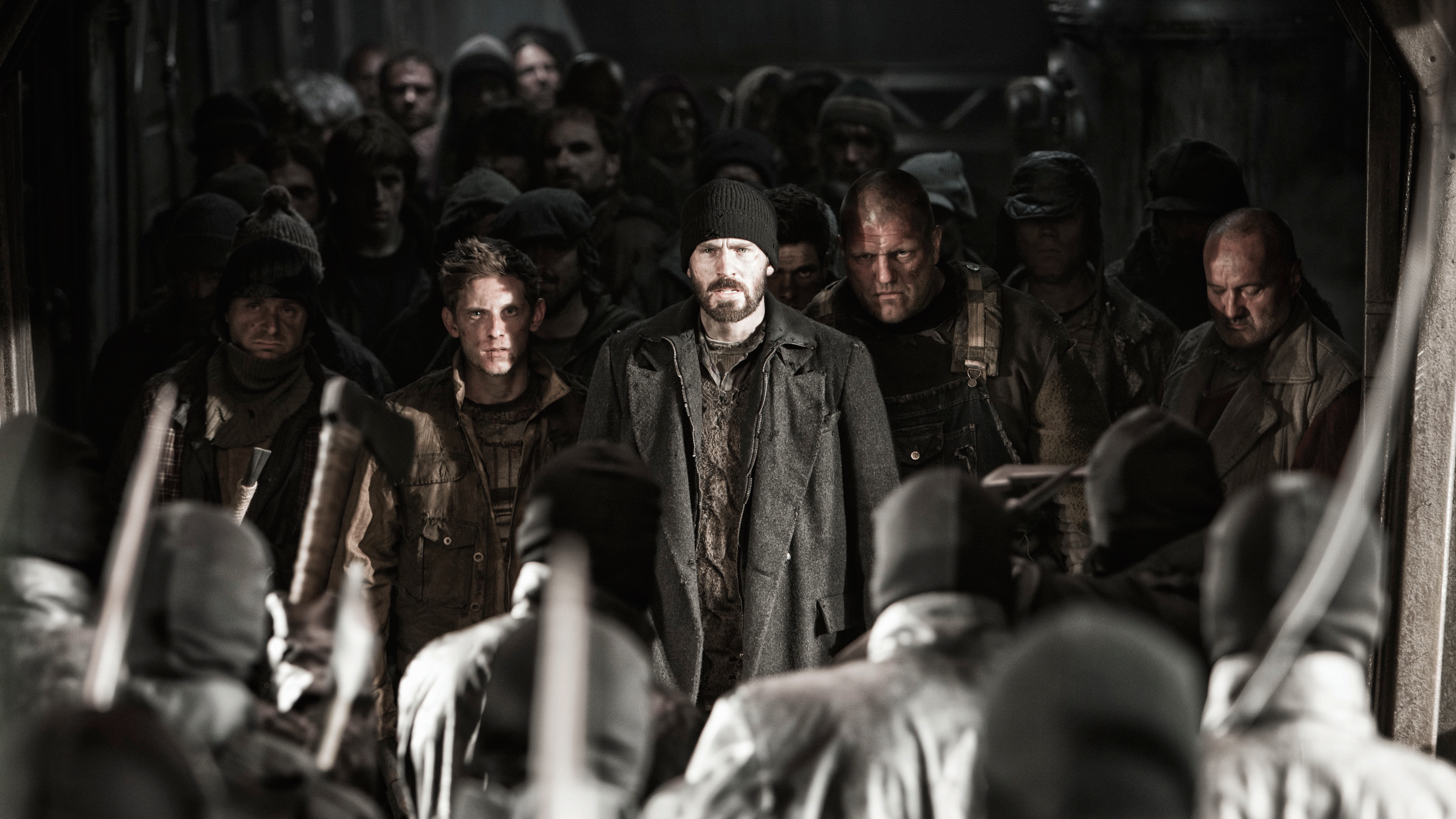By David Pountain
The history of foreign filmmakers managing to find critical and commercial success in Hollywood goes at least as far back as the early 1920s when the great Ernst Lubitsch made the journey across the Atlantic. While international circumstances have since provoked trips from Germany (Fritz Lang) and Eastern Europe (MilÅs Forman), such trying situations have been far from a necessary incentive to get directors from all corners of the world to have a shot at the financial major leagues. Do a quick search for the biggest action blockbusters of the ‘90s, for instance, and you’ll be met with such international names as Wolfgang Petersen, John Woo, Jan de Bont and, of course, Roland Emmerich.
But when you consider that every Best Director Oscar of the past five years has gone to an individual born outside of the US – including consecutive winners Alfonso Cuarón and Alejandro González Iñárritu, the first two Latin Americans to ever receive the award – you might sense a proverbial wind picking up and the rest of the stats reflect this. In an article published in The National last year that discussed this pattern of Academy Award winners, University of South California’s professor Steve Ross observed that studios now have good reason to appeal to international audiences by giving high profile jobs to foreign directors, “Fifty years ago, the industry was making roughly 70 per cent of its revenue on domestic sales. Now, 80 per cent is coming on foreign sales and only 20 per cent is domestic sales.†This shift isn’t strictly relegated to Hollywood’s prestige pictures either. The latest features from Korean favourites Park Chan-wook, Bong Joon-ho and Kim Jee-woon (Stoker, Snowpiercer and The Last Stand respectively) have all been English-language debuts released through major US distributors and all three cull from America’s prominent talent pool for the sake of cultish genre cinema.

This newly escalated willingness for the American giants to cooperate with outside directors is a double-edged sword. On the one hand, Hollywood is granting talented filmmakers the level of exposure and resources that they could otherwise only dream of. Roman Polanski’s Chinatown was a product of the Polish director harnessing a perfect storm of New Hollywood talent, both in front of and behind the camera. To take more recent examples, the likes of Alfonso Cuarón and Alejandro González Iñárritu have channelled major studio budgets into the biggest commercial successes of their respective careers while still keeping the critics on their side.
But not every release is going to be a Gravity-sized win-win and, when it comes to choosing between art and profit, it isn’t hard to guess where the major studios’ interests lie. Making it in Hollywood is a little like making it to the finals of X Factor: It’s a process of honing your talent into something more easily digestible, often sanding down many of the idiosyncrasies and original ideas that made you interesting, unique and noticed in the first place. Hollywood wants its directors to be themselves – but not too much. This is especially true when it comes to culture-affiliated artistic sensibilities, hence the success of pop culture junkie Guillermo del Toro, a man who was plainly in his artistic element making the Japan-filtered-through-America picture Pacific Rim. I’m not sure the same could be said about Downfall director Oliver Hirschbiegel remaking Invasion of the Body Snatchers with execs breathing down his neck. Meanwhile, Bong’s Snowpiercer had a famously ugly lead-up to its US release, with the director having to battle The Weinstein Company’s requests to have twenty minutes of footage cut from the film and to have opening and closing voiceover monologues added in.

And in an age where the term ‘independent film’ is becoming increasingly difficult to define, these creative restrictions don’t seem exclusive to the industry’s titans. So perhaps it’s a sad inevitability that, for every Michel Gondry’s Eternal Sunshine of the Spotless Mind, you’ll get a few Green Hornets.
It’s telling that the migration of directors isn’t entirely one-way. The consistently groundbreaking David Lynch relied on French funding to complete his last few features, allowing him to operate outside the conventions of American studios. Brian De Palma and Abel Ferrara, two filmmakers whose recent output has generally found much better reception in Europe, have gone down similar paths in the last fifteen years. Another once-renowned-now-divisive director who might do well to join them is Michael Mann, whose recent box office bomb, Blackhat, has been warmly received by critics in France and especially Italy. Incidentally, some of the harsher reviews of Mann’s latest feature judged the international cast to be a cynical attempt at appealing to Asian audiences. Perhaps that’s a jumping off point for a whole other discussion but, at the very least, these assessments back up the possibility that cinema, much like the rest of the arts, is becoming more globalised in the new millennium. Between Hollywood seeing the value in employing foreign auteurs and American directors finding viable alternatives abroad, it seems that the international playing field is levelling.






